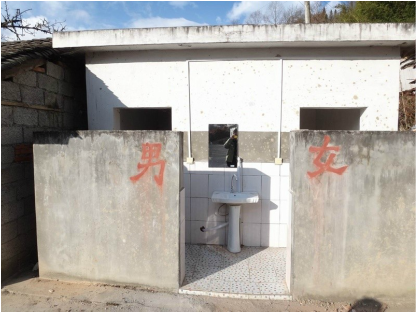
With generous support from The Henley Group and Mr. Jonathan Van Smit, the toilets were redesigned and refurbished in December, 2012. The toilets now have anti-slip tiles, a safety rail and are equipped with flushing water and running tap water. The households elected a person to be in charge of the cleaning and management of the toilet.
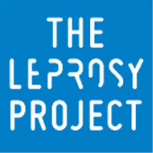
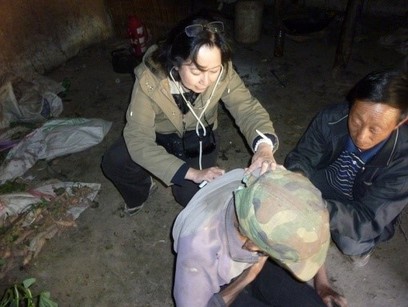
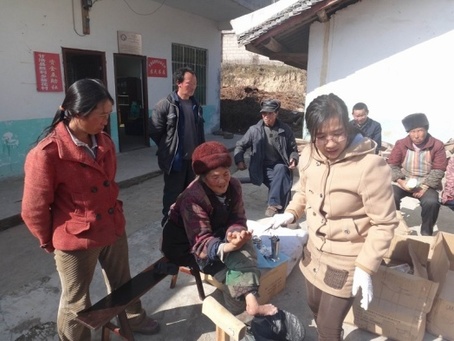
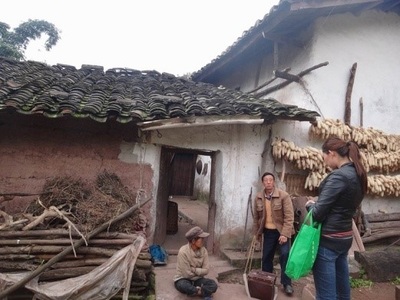
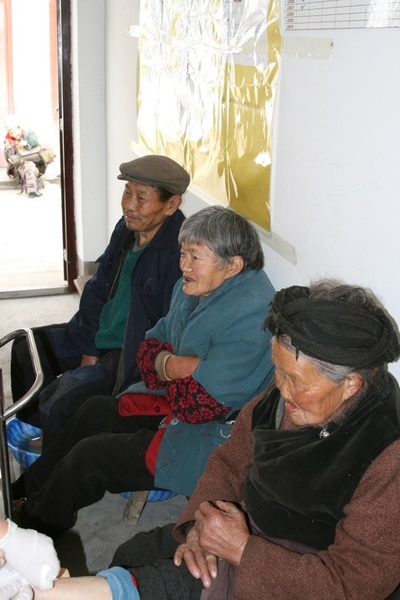
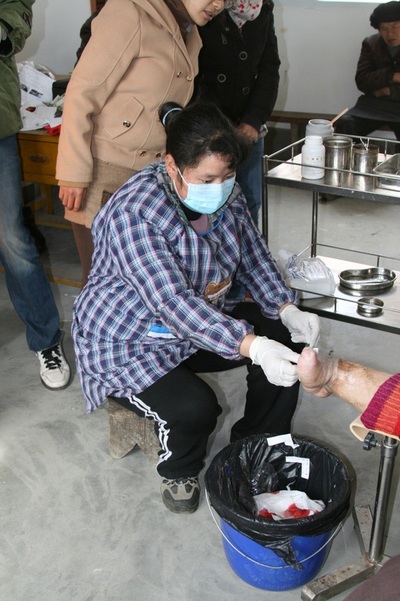
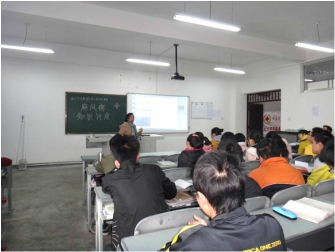
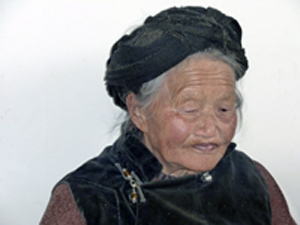
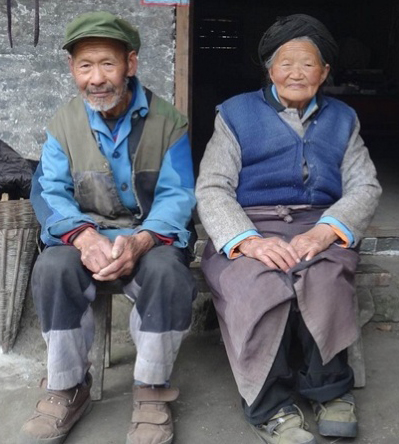
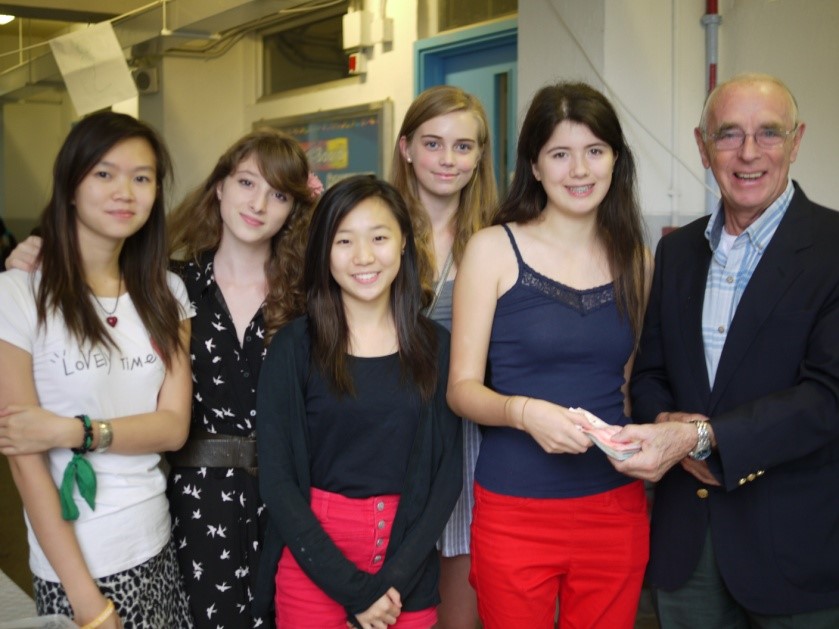
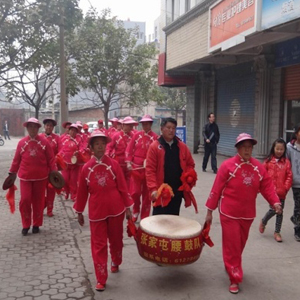
 RSS Feed
RSS Feed
